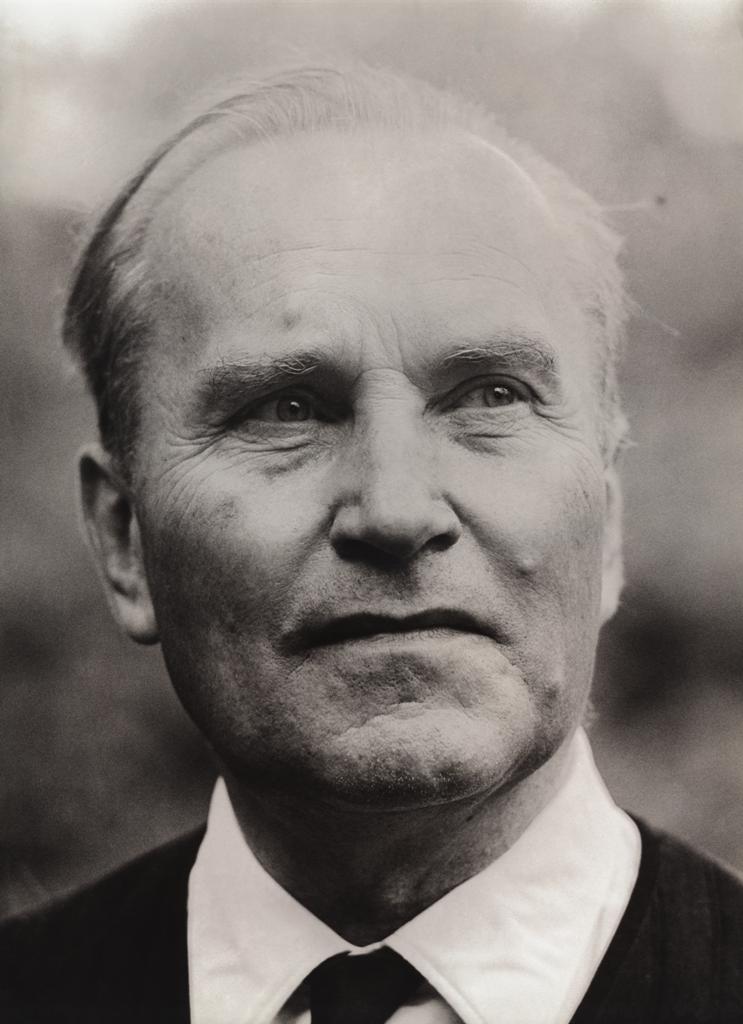The Czech philosopher Jan Patočka (1907-1977) is considered one of the most important philosophers of the 20th century. Patočka studied philosophy in Prague, Paris, Berlin and Freiburg by Edmund Husserl and Martin Heidegger. He dealt with the history of philosophy, philosophy of history, and phenomenological ideas which he applied to politics, culture, and history. He also studied philosophical works by J. A. Komenský, T. Masaryk and E. Husserl.
After the communist coup in Czechoslovakia in February 1948, Patočka was labelled a “reactionary philosopher” and was not allowed to teach at the university anymore. So he instead worked in several Czechoslovak institutes, including the Czechoslovak Academy of Sciences, mainly dealing with Comenius studies. Patočka was appointed professor at Charles University in Prague in 1968 and began to teach again. However, four years later Patočka was dismissed from the university, officially because of his old age.
Despite his dismissal from the university, Patočka continued to hold regular consultations for his doctoral student Ivan Chvatík. Chvatík invited also other friends and classmates to these lectures and thus regular philosophical underground seminars, called later “Patočka University,” came into existence. Seminars, usually lasting until late at night, took place every week until 1977. Participants were mainly Patočkaʼs students (e.g. Ivan Chvatík, Pavel Kouba, Miroslav Petříček, Jiří Michálek, Josef Vinař, Marika Krištofová, Jaromír Kučera, Milan Sobotka, and Jiří and Jaroslava Pešeks). Lectures were organised secretly and each meeting was held in a different place. The participants were notified strictly by word of mouth, as there were suspicions that some of the members were being observed by the police. Ivan Chvatík recorded all eleven lectures that were later issued as the cycle, “Caring for the Soul” (now published under the title “Plato and Europe”). The following cycle of seminars was published under the title “Heretical Essays” in the Petlice samizdat edition by Ludvík Vaculík. These lectures and essays impressed the intellectual audience and Patočka was seen by the Police as an important dissident.
In 1976, Patočka supported the protest against the imprisonment of the members of the music band The Plastic People of the Universe. Then, he joined the famous protest petition Charter 77 and later became, together with Jiří Hájek and Václav Havel, its first spokesman. After the Charter was published, it was no longer possible to continue with the seminars. At the end of February 1977, the Dutch Minister of Foreign Affairs, Max van der Stoel, accompanied by journalist Dick Verkijk, arrived in Prague for an official visit. Dick Verkijk persuaded Patočka to meet the minister and organise a joint press conference. It was the first time that a political representative of a foreign nation took official notice of the local dissident movement. Although Patočka was ill, he arrived at the InterContinental Hotel in Prague, explaining the aims of the dissidents and Charter 77. Patočka was thensubjected to a lenthy interrogation by the police. Due to the interrogation and his poor health, he had to be hospitalized.
Jan Patočka died on March 13, 1977. His funeral became a symbolic manifestation against the communist regime.

